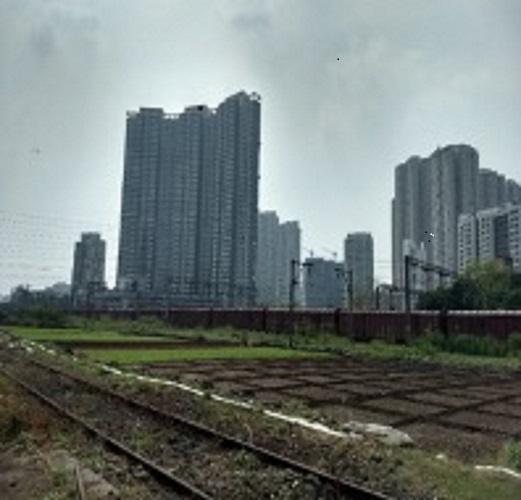Abstract: This article aims to understand the pushback by middle-class citizens against lower-caste migrants farming along the railway tracks in and around Mumbai. It highlights the entanglements of complex histories of state driven Grow More Food campaigns to combat food insecurity, the rural agrarian crisis that triggered urban migration, and the unequal process of urbanization. Author shows that class is not the only parameter of power and inequality at play but, rather, caste serves as the organizing principle for domination and labor exploitation in food production. To grasp urban agriculture in the current political moment requires unpacking the history of urban food production with attention to social, political and economic dimensions. This article examines these dynamics in the historical context of food production policy and practices in Mumbai and in India’s rural hinterlands to understand how and why caste structures and interconnected relations of power emerges as a central organizing frame.[…] In May 2019, at the beginning of my fieldwork, the Bombay High Court directed the Indian railways to cancel the license of cultivators suspected of using sewage water to irrigate vegetables along the railway tracks. The court order ruled that only cultivators using clean sources of water for irrigation would be allowed to continue farming on railway-owned land (Thomas, 2019; Ahmed, 2019). This highly publicized court hearing addressed longstanding middle-class citizens’ grievances about the use of unhygienic water for growing vegetables in the city. For over a decade, upper-caste, middle-class groups have successfully galvanized citizen forums, petitions, litigation, media platforms in their campaign against farming undertaken by lower-caste migrant laborers along the railway tracks (Kulkarni, 2016; Menon, 2013).
Working-class laborers who are hired to farm along the railway tracks have a different opinion on urban farming. For them, these farms are their livelihoods and provide affordable locally-produced food for a broad range of urban citizens. The railway lands were initially leased to low-paid employees of the railway authority. Today, however, railway workers no longer farm the land, but rather lease it out to seasonal migrant laborers who are hired to do the farming because of their cheap labor and their food production knowledge and skills. I argue that we cannot understand the urban gardening campaigns and environmentalism of privileged residents without attending to the food production practices of migrant laborers on the urban railways that are being attacked through deeply interconnected caste-and class-based registers of power. [..]
Read the full article here
Keywords:Urban Food Production, Environmentalism, Grow More Food campaign, Migrant Laborers.
Pradnya Garud: pradnyagarud2@gmail.com
Pradnya Garud completed her Ph.D. in geography and works as an environmental public health specialist.



